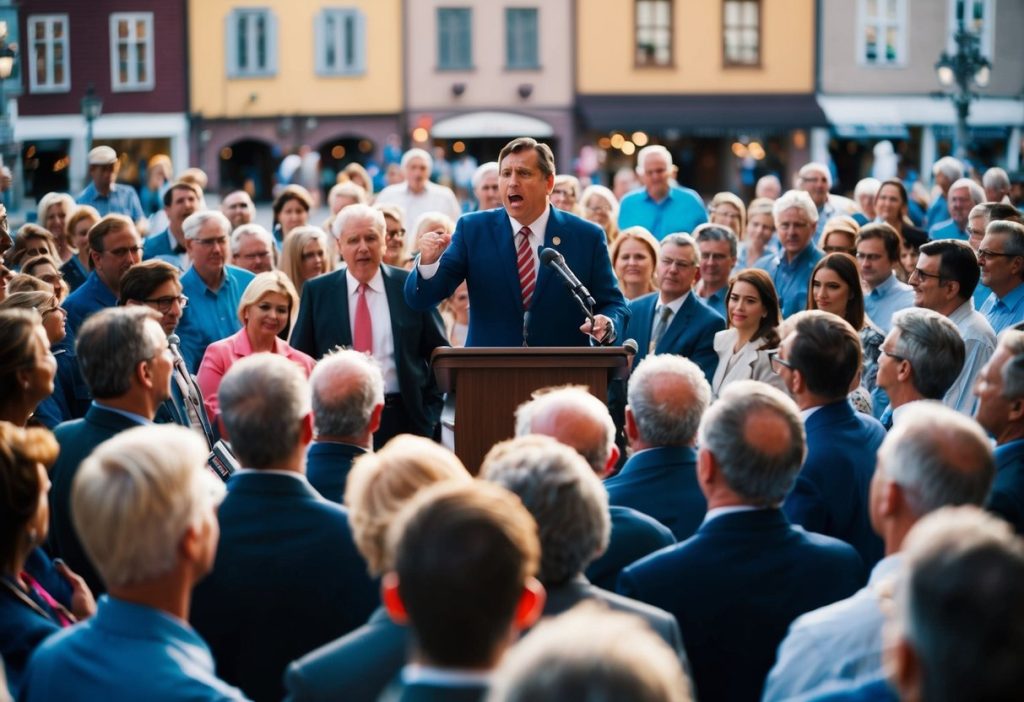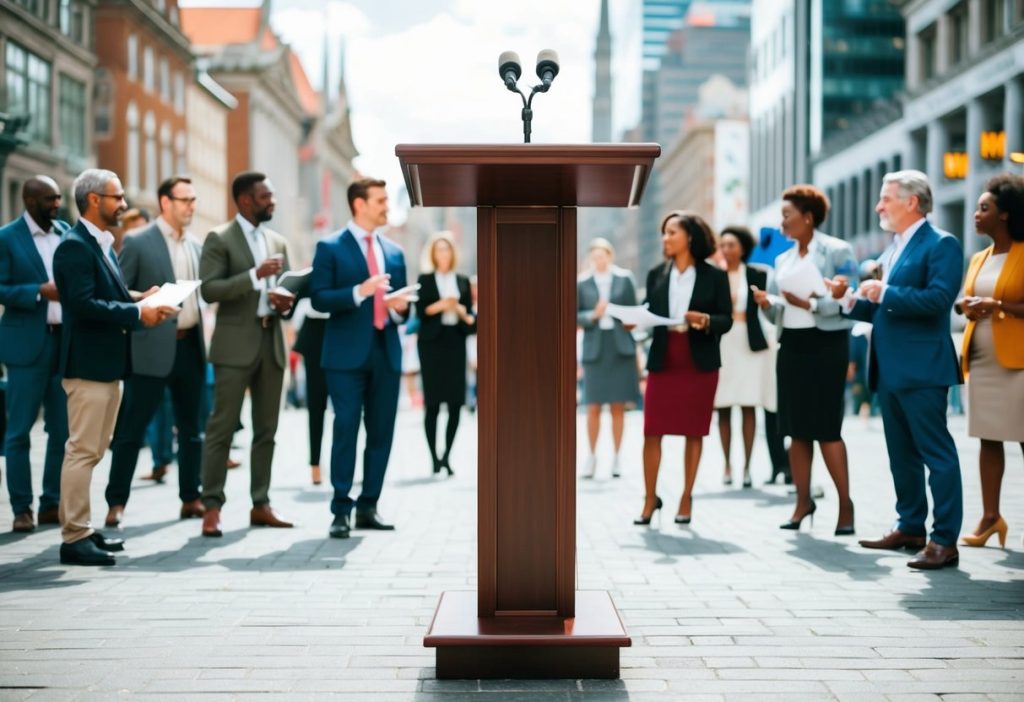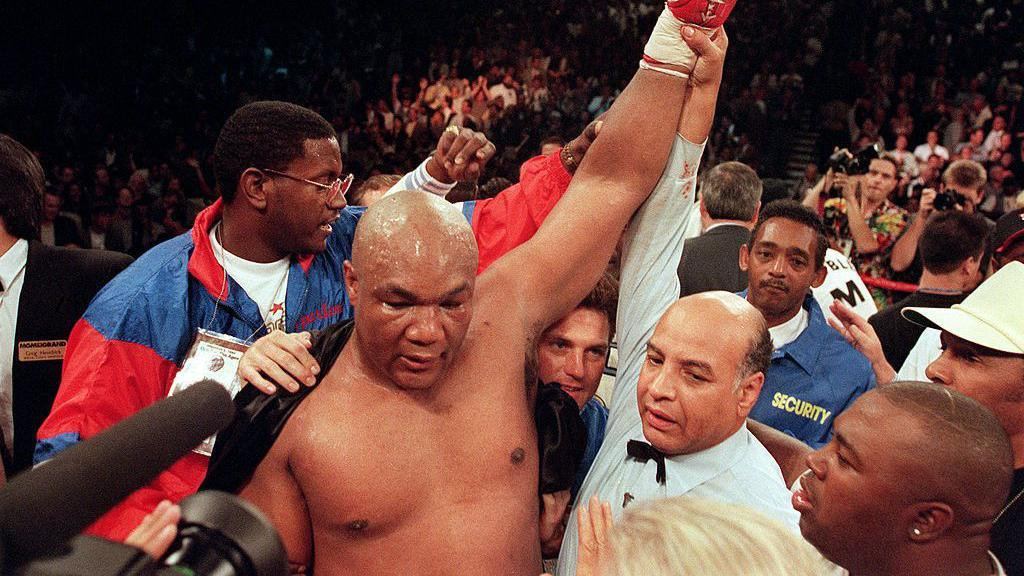Freedom of speech is a cornerstone of democratic societies. It allows individuals to express their thoughts and opinions without fear of government retaliation. This essential right fosters open dialogue and public debate.
These dialogues enable citizens to engage with diverse perspectives and tackle important issues affecting their communities.
The protection of free speech not only encourages informed decision-making but also helps to combat misinformation and fosters a culture of accountability. When people can freely discuss ideas, they contribute to a healthier democracy where different viewpoints can coexist and be examined. This dynamic exchange ultimately leads to more thoughtful policy decisions and a society that values individual rights and collective understanding.
In democratic societies, freedom of expression serves as the lifeblood of political and social progress. By safeguarding this right, governments empower their citizens to voice concerns, advocating for change and driving the nation forward. The openness of its dialogues and the willingness of its people to speak out often determine the strength of a democracy.
Historical Context of Freedom of Speech

Freedom of speech has a rich history that reflects the ongoing struggle for individual rights and expression. This right has evolved over time and varies across different nations, showcasing a complex interplay between law, culture, and governance.
Origins and Evolution
The concept of free speech can be traced back to ancient Greece, where philosophers like Socrates and Plato discussed the importance of dialogue and the exchange of ideas. In later centuries, this ideal influenced democratic movements in Europe and the Americas.
In the United States, the First Amendment was adopted in 1791, guaranteeing freedom of speech. It emerged from the desire to protect citizens from governmental censorship. The Supreme Court has played a crucial role in interpreting this amendment. Key cases like Schenck v. United States solidified that speech could be restricted in instances like clear and present danger.
Censorship continues to challenge free speech, affecting various forms of media and expression. Events in countries like India and Australia illustrate different approaches and legal standards regarding this right. In India, laws often restrict speech under the guise of maintaining public order. Meanwhile, Australia has a less formal protection of free speech but endorses some laws to limit harmful speech.
Comparison of National Laws
When examining free speech laws internationally, notable differences emerge. The United States offers robust protections under the First Amendment, making it difficult for the government to censor speech. This aggressive stance reflects a deep-rooted value placed on individual expression.
In contrast, India has laws that can restrict speech, especially regarding religion or national security, which can lead to arrests for what may be deemed offensive. Censorship often raises concerns about governmental overreach, impacting public discourse.
Australia operates without a single constitutional provision for free speech, relying on common law and legislation. This results in a more balanced approach to freedom and restrictions, often tailored to specific situations.
These variations highlight how free speech is treated uniquely across different legal frameworks, demonstrating the ongoing need for vigilance in protecting this fundamental right.
Fundamental Principles and Rights
Freedom of speech forms the foundation of democratic societies. This section explores its significance as a fundamental right, outlines the limits to expression, and examines how to balance free speech with the needs of civil society.
Freedom of Speech as a Fundamental Right
Freedom of speech is recognized as a fundamental right in many democracies. It allows individuals to express their thoughts and opinions without fear of government punishment. This right fosters open discussions and debates, which are crucial for democratic governance.
In the United States, the First Amendment guarantees this freedom. Similarly, other democracies uphold free speech as essential for individual dignity and societal progress. By enabling diverse viewpoints, freedom of speech contributes to informed citizenship and accountability in government.
Limits of Expression
While freedom of speech is vital, it is not without limits. Expressions that incite violence, slander, or promote hatred can undermine societal stability. Most democracies place restrictions on speech to protect national security and public safety.
For instance, laws often prohibit hate speech, which can lead to discrimination and violence. Furthermore, nations may limit expressions that threaten public order. Striking a balance between protecting free speech and enforcing these limits is a continuous challenge for democratic societies.
Balancing Free Speech and Civil Society
The need to balance free speech with civil society is crucial. Civil society relies on a shared understanding of public norms and values. When speech harms this community, it can lead to divisions and conflict.
Democratic governments face the task of maintaining this balance. They must ensure that free expression does not infringe upon the rights and safety of others. Crafting laws that uphold freedom while safeguarding against harmful expressions is essential for both democratic integrity and social cohesion.
The Role of Media and Technology
Media and technology play a vital role in shaping freedom of speech within democratic societies. They provide platforms for open debate and access to diverse information. As these tools evolve, they impact not only the way information is shared but also how individuals engage in discussions.
Impact of Social Media on Free Speech
Social media has transformed how people express their thoughts. It allows individuals to share opinions instantly with a global audience. This democratization of speech has empowered voices that traditional media may have overlooked.
However, social media also has its challenges. Misinformation can spread quickly, potentially harming public discourse. Platforms often face pressure to moderate content, which may lead to debates about censorship and the limits of free expression. Balancing these concerns is crucial in maintaining a healthy dialogue.
Access to Information in the Digital Age
In the digital age, access to information is easier than ever. With just a few clicks, individuals can obtain various perspectives on any topic. This availability promotes informed citizenship and encourages people to participate in open debates.
Nevertheless, not all information is created equal. The internet is filled with both credible sources and misleading content. As a result, users must develop critical thinking skills to navigate the vast sea of information responsibly. This ability is essential for fostering democratic values and ensuring that freedom of speech thrives.
Contemporary Challenges and Debates
Freedom of speech faces significant challenges in today’s dynamic society. Issues like hate speech and the balance between public interest and privacy create ongoing debates about how to protect this fundamental right while ensuring safety and respect for all individuals.
Dealing with Hate Speech and Violence
Hate speech poses a serious challenge to freedom of speech. It includes any communication that incites violence or prejudicial actions against specific groups. Countries vary in their legal definitions, with some considering hate speech as a form of expressive freedom, while others restrict it to protect targeted communities.
The challenge lies in determining when speech crosses the line into hate. Laws must navigate complex issues, balancing protection against violence with individual rights. The rise of social media amplifies this issue, as harmful speech can spread rapidly, creating real-world dangers. Courts often have to interpret these laws in cases involving slander and libel, which further complicates the issue.
Navigating Public Interest and Privacy
Balancing public interest against privacy rights is a pressing concern. Public figures often have reduced privacy protections. This allows for critiquing their actions and policies, but it can also lead to invasions of privacy or unwarranted attacks on their character.
Legislation often must assess whether certain speech serves the public interest. This is especially true concerning national security. For example, whistleblowers may expose wrongdoing but face risks related to slander or libel claims.
As information spreads swiftly, determining the fine line between public knowledge and individual privacy rights remains a hotly debated topic. This necessitates careful legal considerations.



